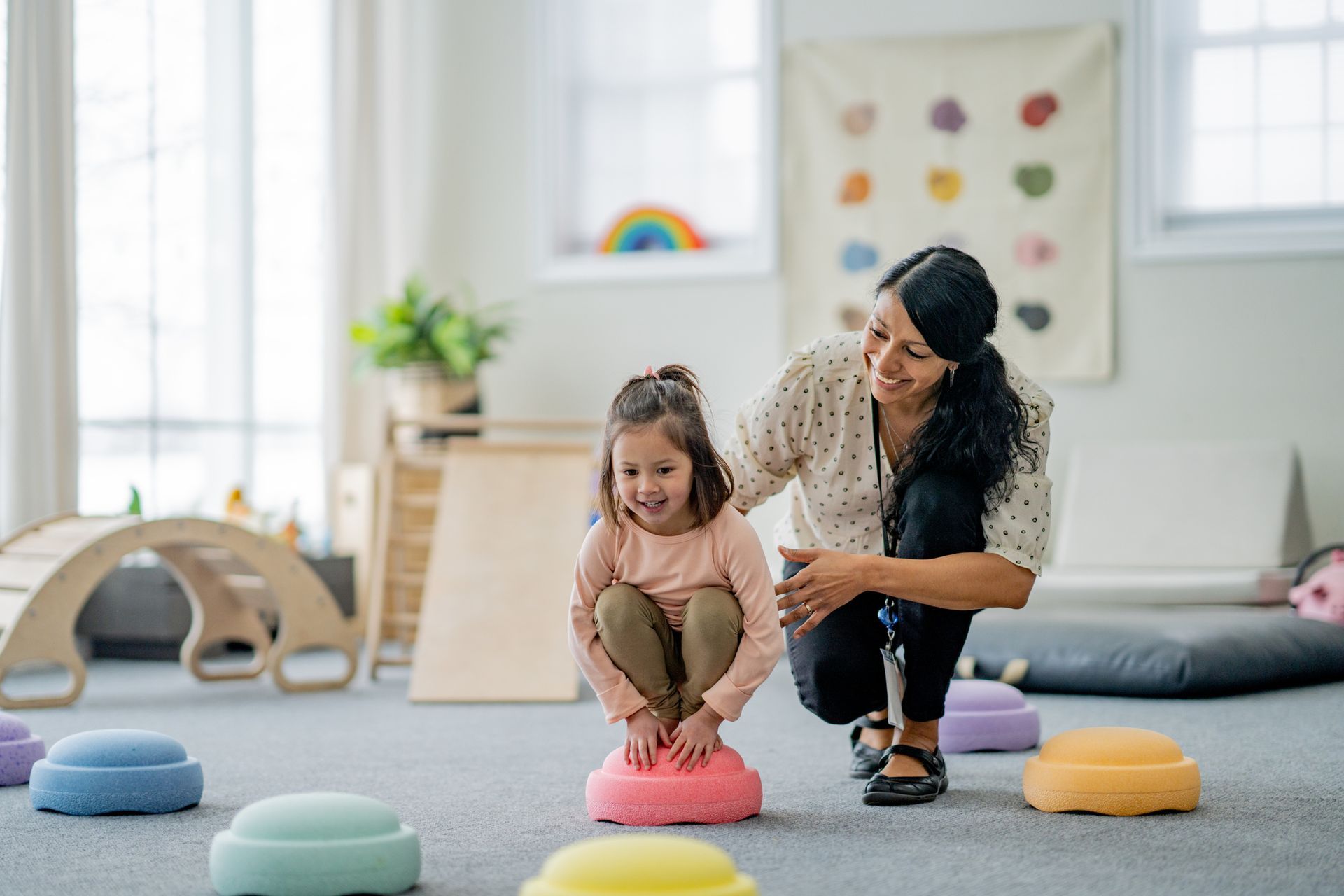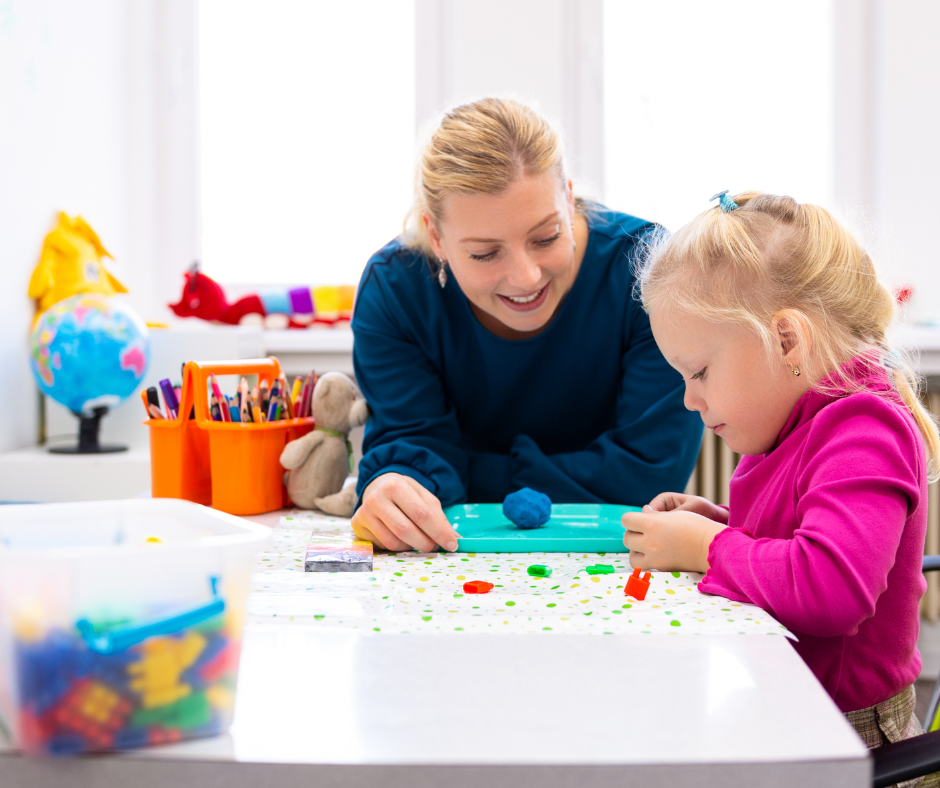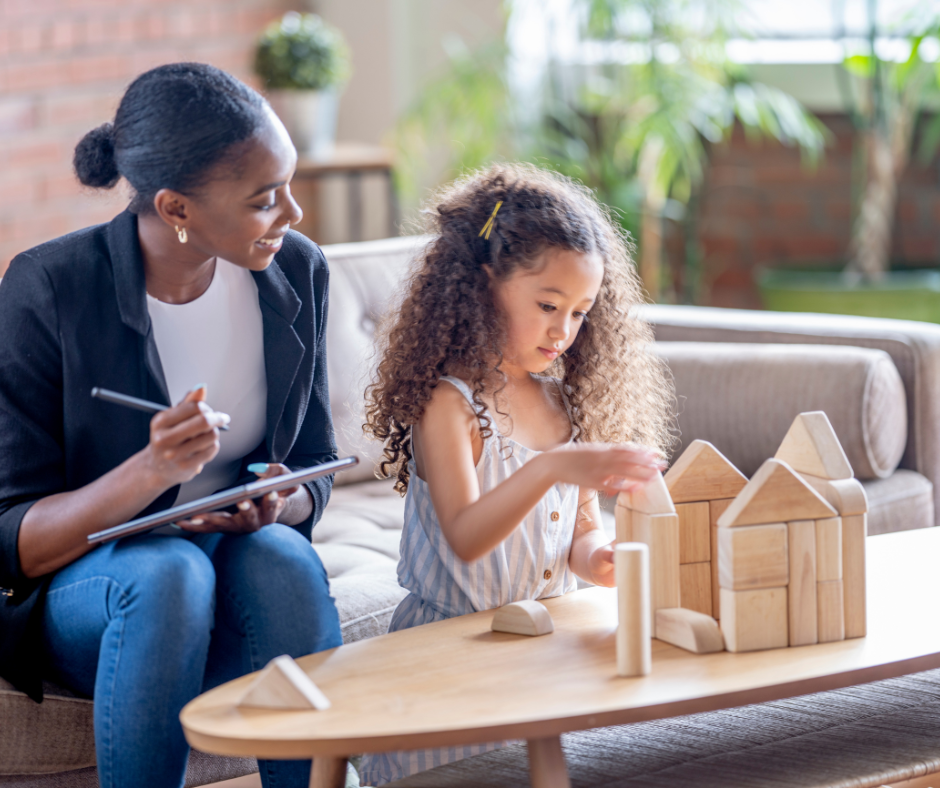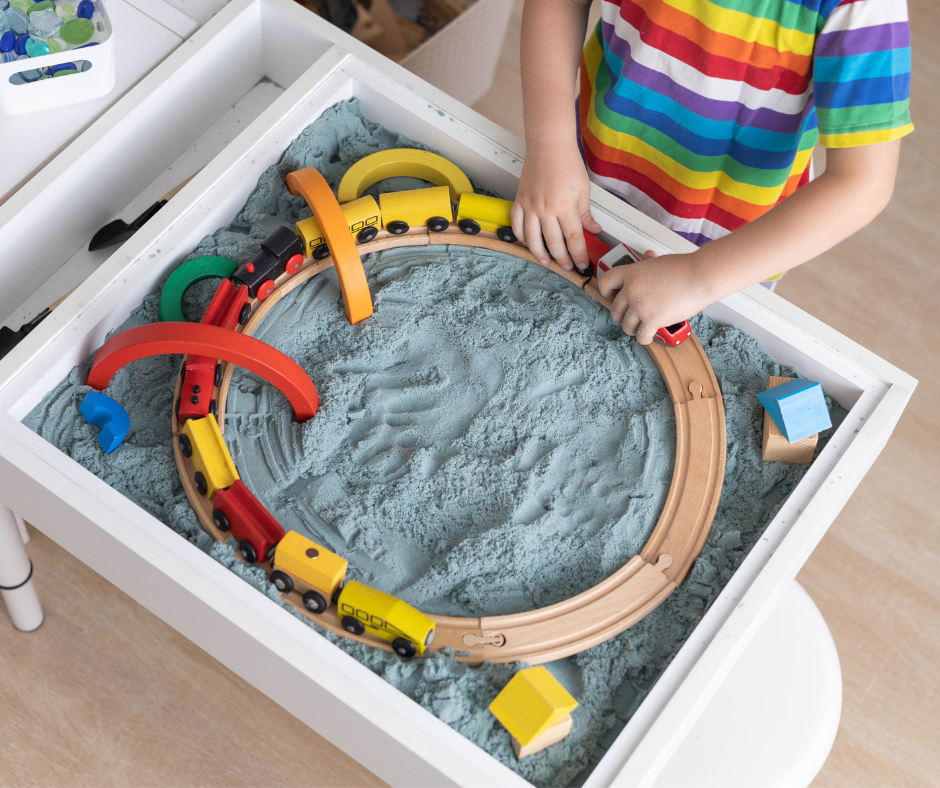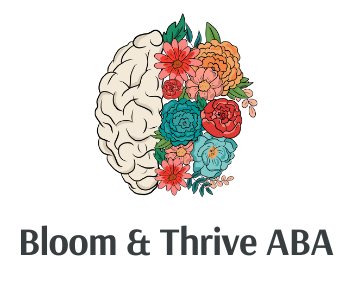The Benefits of Parent Training in ABA Therapy
Applied Behavior Analysis (ABA) therapy is a widely used and evidence-based approach for helping children with autism and other developmental disorders. While therapists play a crucial role in a child’s progress, parents are just as important in reinforcing positive behaviors and skills learned in therapy. This is where parent training in ABA therapy becomes essential.
1. Consistency Across Environments
Children with autism thrive on consistency. ABA therapy provides structured learning in a controlled setting, but without reinforcement at home, progress may be slower. Parent training ensures that skills and strategies used in therapy are carried over into everyday life, leading to more meaningful and lasting improvements.
2. Empowering Parents with Effective Strategies
Through ABA parent training, caregivers learn how to respond to challenging behaviors, reinforce positive behaviors, and teach new skills in a structured way. This empowerment helps parents feel more confident and capable in supporting their child’s growth.
3. Stronger Parent-Child Bond
ABA parent training promotes positive interactions between parents and children. By learning to use reinforcement techniques and effective communication strategies, parents can foster a stronger, more trusting relationship with their child.
4. Generalization of Skills
One key goal of ABA therapy is generalization—ensuring that a child can apply learned skills in different environments and with different people. When parents reinforce ABA techniques at home, children are more likely to transfer their new skills to school, social settings, and daily routines.
5. Improved Long-Term Outcomes
Research shows that children whose parents actively participate in ABA therapy tend to achieve better long-term outcomes. When parents are equipped with the right tools, they can continue to support their child’s progress beyond formal therapy sessions.
Final Thoughts
Parent training in ABA therapy is not just an add-on—it is a critical component of a child’s success. By actively participating, parents become powerful agents of change, helping their children develop essential skills that lead to greater independence and a higher quality of life. If your child is receiving ABA therapy, consider working closely with their therapist to implement parent training—it’s an investment that benefits the entire family.

